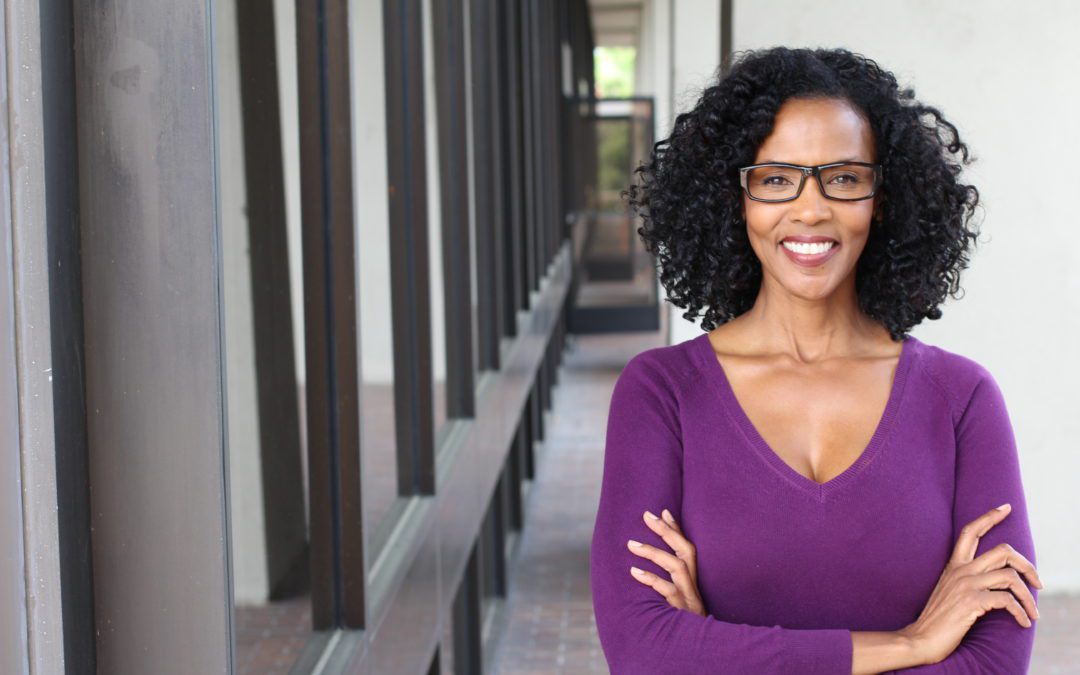Recently, a woman came to me for help in defining her life’s purpose. “I’m forty-three years old,” she said, “and I haven’t a clue what I want to do with the rest of my life.”
“What are you passionate about?” I asked. “What makes your heart sing and your spirit sparkle?”
“I’m not sure,” she said. “I see other people happy, doing what seems to make them feel fulfilled. They seem so clear about what they were called to do with their lives. But for me, I just don’t get it. What’s wrong with me?”
“Nothing,” I said. “You are exactly where you’re supposed to be at this moment in time, and this moment will change before you know it.”
We are all on a path that’s specific to each of us. Our experiences, at the moment we have them, are uniquely ours. Some people discover their true place in life at an early age. I recall knowing a few teenagers and young adults over the years who knew their purpose early on. They knew that joining the Peace Corps or VISTA, or even being a veterinarian, was their calling. Then I’ve known grown people who have never truly known what they are called to do. Some discover their purpose after a traumatic and painful experience, such as recovering from an illness, the loss of a loved one, a divorce, or an accident. Then still others, like me, must walk a few additional miles in life before knowing their true purpose. Whatever our path, knowing our purpose comes with responsibility—the responsibility to do the work to make it a reality and help others along the way.
It’s not easy to know our destiny, our life’s work, our personal mission. There are obstacles along the way, not the least of which is fear, our most powerful and debilitating opponent. It weakens our spirit and saps us of the will to move forward. Fear can then compel us to make excuses for inaction. Its mission—if we allow it—is to keep us stuck and unconscious. Sometimes the voice of fear sounds rational, convincing us that we are only one person, and one person can’t make a difference. Fear tells us our voice doesn’t matter, our one vote doesn’t count, and our seemingly small contribution to the world is insignificant. Furthermore, fear reminds us that our plate is already full.
So how do we get past the obstacles in order to find our true purpose in life? How do we quiet that voice that says, “Don’t bother”? What steps can we take to gain clarity? Following are a few questions designed to get you thinking about your reason for being. You’re invited to go to that place deep within, the place where your heart longs to live a purposeful life, a life rich in meaning.
Step One
Today, consider your passion in life. In your Esteemable Acts® journal, write down what you are passionate about. If you don;t have a journal yet, here is a handout you can download from my website.
Step Two
Grab your Esteemable Acts® journal and spend today identifying your personal values. What principles guide your life? What do you value? What’s important in your life? Then, next to each word or phrase, write a sentence describing why it is important to you.
Step Three
Today let’s look at how your values show up in the world. How do you manifest your values? How do you demonstrate your personal values? Make some notes in your Esteemable Acts® journal.
Step Four
Today your focus is on what you have to give. What challenges have you overcome in life?
Step Five
Create a draft of your personal mission statement in your Esteemable Acts® journal. Here are some examples of what your mission statement might look like:
- My life’s mission is to use my skills and talents to improve my community.
- My mission in life is to raise my family in a way that reflects my spiritual life.
- My personal mission is to educate, inspire, and empower women and girls to build their self-esteem by acquiring the tools to make appropriate choices.
- My mission is to eradicate illiteracy—one person at a time.

Francine D. Ward
Attorney-At-Law, Author, Speaker
Follow Francine:
Don’t miss Francine’s Latest Blogs:
- Sweepstakes ScamsSweepstakes Scams. The Federal Trade Commission (FTC) has settled with several operators of a sweepstakes scam. The scam bilked consumers out of millions of dollars. Included in the settlement agreement,… Read more: Sweepstakes Scams
- Incapacity PlanningIncapacity Planning. Incapacity is an unexpected wrinkle in your estate plan. I am a planner. I make plans, I like making plans, and sometimes my plans go awry. Despite any… Read more: Incapacity Planning
- Publishing contractsPublishing contracts The publishing contract is an agreement that defines the relationship between an author and her publisher. Publishing contracts typically contain elements that speak to territory, rights, ownership, financial… Read more: Publishing contracts
- What is a Habit?As we enter springtime, you may feel far away from your New Year’s resolution. That may be because of the success rate of NYE resolutions. In fact, January 17 is… Read more: What is a Habit?
- Common Contract MistakeCommon Contract Mistake #1. Not Having Written Agreements with EVERYONE You Do Business With. Common contract mistake. Without question, the most common contract mistake is not having the terms of… Read more: Common Contract Mistake











